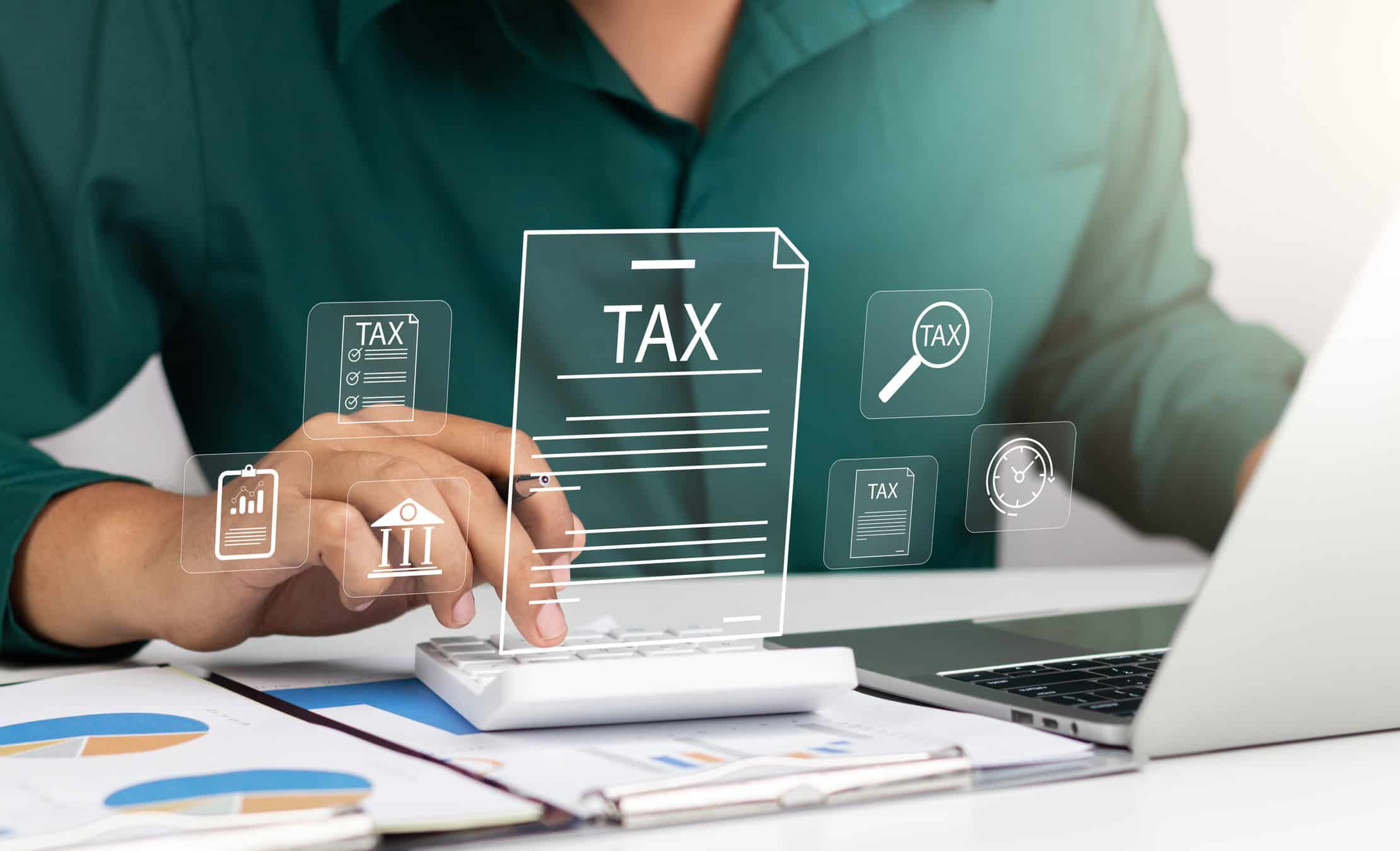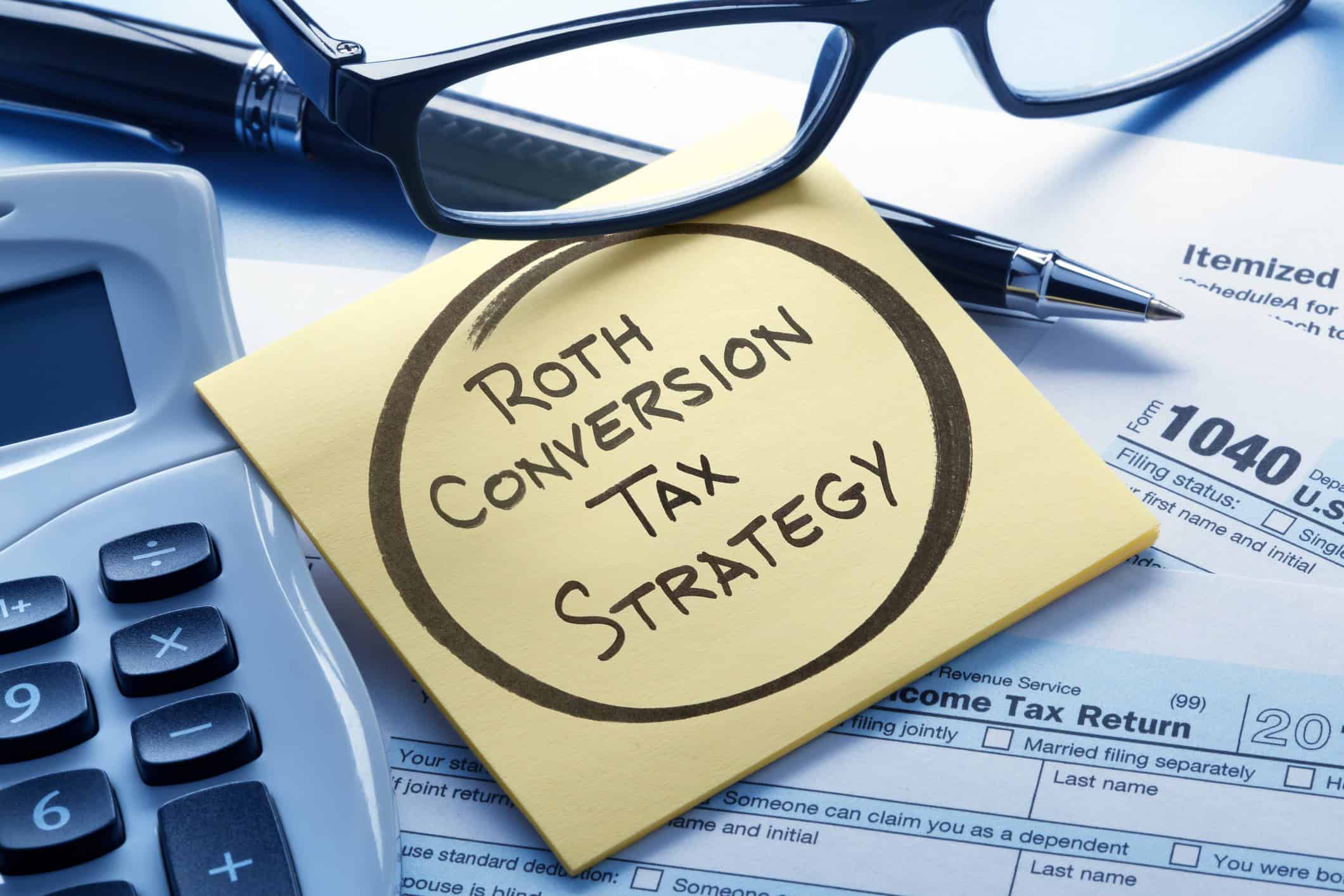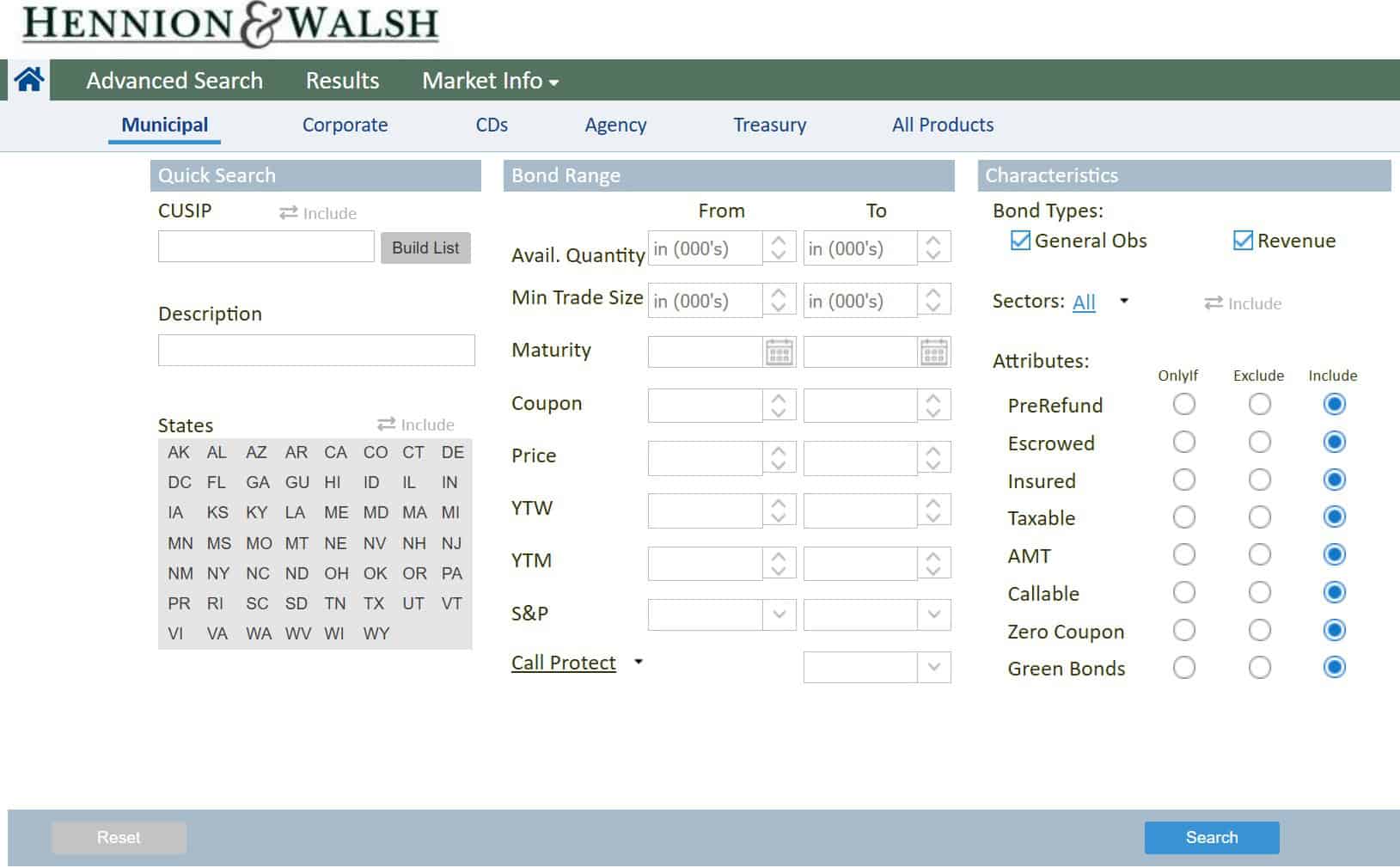
How to Make Tax Season Stress-Free Next Year
Tax season can be one of the most stressful times of the year, especially when dealing with the IRS, but tax credits and a potential refund via direct deposit can provide some relief. Last-minute filings and misplaced documents can create chaos, making it essential to focus on effective service strategies to maintain order.
However, by adopting a proactive strategy, the overwhelming burden of dealing with the IRS and managing refund claims can be significantly reduced.
Organize Financial Documents
Keeping meticulous track of your financial documents is paramount to alleviating IRS and tax season stress. Begin by maintaining organized, segmented folders for bills, bank statements, investment records, refund claims, and tax-deductible receipts.
Digitizing and backing up these documents can further streamline this process. Utilize financial software or cloud-based services to ensure your records are easily accessible and safely stored, benefiting from modern advancements in document management services.
Create a Filing System
Establishing an organized filing system—both physical and digital—can significantly reduce the stress associated with IRS audits and tax season. Proper organization can prevent costly errors, which on average can amount to significant financial discrepancies.
Ensure all your documents are categorized correctly throughout the year to facilitate easy retrieval, particularly for key materials like income statements, deductible receipts, tax credits, and investment records.
Proactively maintaining this system not only saves time and effort but also enhances the accuracy and compliance of your tax filings with the IRS, minimizing the risk of audits and refund delays, particularly when utilizing direct deposit.
Track Expenses Monthly
Regularly tracking expenses on a monthly basis can drastically simplify your tax season preparations, especially when using a financial service that helps quickly identify opportunities for a refund.
- Set Up a System: Use reliable accounting software to categorize and tag expenses.
- Collect Receipts: Consistently gather all relevant receipts and digitalize them immediately.
- Review Statements: Monthly reconciliation of bank and credit card statements ensures accuracy.
- Monitor Deductions: Keep an eye on tax-deductible expenses to maximize your savings.
- Adjust Budgets: Periodically review and adjust your budget based on expense patterns.
Doing this effectively can reduce the chances of missing any deductible expenses. By maintaining meticulous records monthly, you are better prepared for any IRS tax audits or reviews, and you can ensure a timely refund through direct deposit.
Maximize Deductions
To maximize deductions next tax season, a thorough understanding of tax-deductible expenses, beyond just the common categories, is crucial. Consider less obvious deductions such as home office expenses, healthcare costs, and charitable contributions. Regularly updating your knowledge on tax laws and consulting with a tax professional can ensure you take full advantage of eligible deductions, significantly lowering your taxable income and thereby enhancing your financial efficiency.
Keep Receipts
Receipts are essential for tax preparation. Maintaining organized receipts can save you time and stress. It’s crucial to develop a habit of keeping and categorizing all receipts related to business expenses, charitable donations, and other deductible costs. Technology can aid in this organization by using apps that digitize receipts and store them securely.
Digitizing receipts simplifies access. For paper receipts, consider scanning and storing them in cloud-based systems. This ensures that even if the physical copy is lost, you have a digital backup. Keeping digital copies also facilitates easier retrieval during tax preparation.
The IRS requires proof of expenses. By retaining receipts, you substantiate your claims and avoid potential disputes. An organized system safeguards you against financial loss due to disallowed deductions, ensuring a smoother, more stress-free tax season.
Note Eligible Expenses
Identifying eligible expenses is essential to minimizing your tax liability and optimizing your financial strategy. Eligible expenses can significantly impact your net taxable income.
These range from business-related costs, such as office supplies and travel, to personal deductions like mortgage interest, medical expenses, and charitable donations.
Knowing exactly which expenses are deductible ensures you can take full advantage of tax benefits available to you, including any eligible tax credits. This not only includes traditional deductions but also lesser-known ones, such as education-related expenses, energy-saving home improvements, and certain childcare costs. Make it a habit to regularly consult the IRS guidelines and updates to stay informed about any changes.
Plan for Payments
Assessing your tax liability throughout the year is crucial for a stress-free tax season. Regularly estimate your tax obligations, particularly if you have variable income streams, ensuring sufficient funds are set aside. Additionally, consider setting up a dedicated account for taxes and making quarterly estimated payments to the IRS. This proactive approach minimizes the risk of underpayment penalties, keeps your cash flow predictable, and alleviates the stress of a large tax bill come filing season.
Set Aside Funds
To ensure a stress-free tax season, it is imperative to systematically set aside funds throughout the year. This disciplined approach mitigates unexpected financial burdens, and having a refund can significantly ease the financial strain.
Establish a separate account solely for tax savings to facilitate seamless fund allocation. Automating regular transfers into this account enforces consistent savings, thus alleviating the apprehension of accruing a substantial tax liability.
Engaging in this proactive financial strategy will not only ease the strain during tax season but also render you better equipped to manage other fiscal obligations. Implement consistent reviews of your tax-saving progress, periodically adjusting contributions as your income fluctuates, enabling you to uphold full compliance and financial stability.
Consider Estimated Taxes
Have you considered the potential benefits of making quarterly estimated tax payments to the IRS? By proactively paying estimated taxes, you can significantly reduce the likelihood of underpayment penalties. This forward-thinking approach also assists in maintaining consistent cash flow throughout the year.
It’s particularly relevant for those with income that isn’t subject to withholding—such as self-employed individuals, investors, or landlords. Planning for estimated taxes aids in avoiding an overwhelming tax bill at year-end.
Calculate your estimated taxes by using your prior year’s income, deductions, and credits as a guideline, adjusted for the current year’s changes in your financial situation. You can revisit and modify your calculations quarterly to ensure accuracy.
By implementing this strategy, you’ll streamline your tax obligations and foster a more structured, predictable financial environment.
Seek Professional Help
Engaging with tax professionals, such as certified public accountants, ensures your tax documents are prepared accurately. These experts bring a nuanced understanding of tax codes, identifying deductions and credits you might miss, saving you money and time.
In addition to handling the complexities of tax laws, they offer long-term planning strategies. Besides tax preparation, they provide comprehensive insight into your financial health, making adjustments to enhance compliance and optimize financial benefits throughout the year.
Hire a Tax Professional
Consider engaging a tax professional. This decision can save you time and stress. A tax professional will not only ensure your returns comply with current regulations but also minimize your liability within the bounds of the law. Essentially, letting an expert handle your taxes maximizes accuracy while mitigating the risks associated with erroneous filings.
Their expertise is invaluable. They stay informed about new tax laws – a crucial advantage when navigating the complexities of tax season – and assist with tax planning. This foresight can help you make informed decisions throughout the year.
Their services extend beyond mere tax preparation, encompassing strategic advice tailored to your unique financial situation. Investing in a tax professional can thus be seen as a proactive move towards achieving financial stability and reducing potential stress.
Disclosures:
This commentary is not a recommendation to buy or sell a specific security. The content is not intended to be legal, tax or financial advice. Please consult a legal, tax or financial professional for information specific to your individual situation. Investing involves risk including possible loss of principal. Past performance is no guarantee of future results. Diversification does not guarantee a profit or protect against loss.




